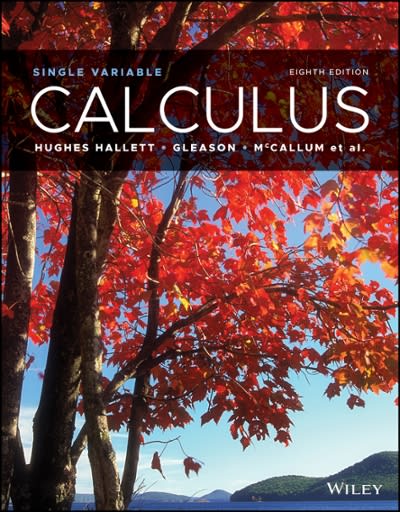Question
Project #2 Instructions For this project you can work either individually or in groups of a maximum of 3 people I encourage you to work
Project #2
Instructions
For this project you can work either individually or in groups of a maximum of 3 people I encourage you to work with someone, although I understand if you prefer working alone. If you decide to work in groups, please submit only one project per group and include your group members' names.
Part I (75 points)
We will use the same data as for the first project (see attached). You can pick whichever variables you want to perform the following three hypothesis tests:
- Test for two independent means [Example: Do online students on average work more than in-class students? (dependent variable is the number of work hours, grouping variable is class type.) Do males on average exercise more than females? (dependent variable is exercise times, grouping variable is gender.)
- Test for matched pairs [Example: Do students spend more time studying or exercising?]
- Correlation [Here you will need to have 2 quantitative variables that are matched Example: Is there a correlation between number of hours students work and number of hours they spend on social networking sites?]
Each hypothesis testing problem is worth 25 points. This is what you need to show for each test.
- State your research question. Explain which test applies for this question and why.
- List and check test requirements. Provide appropriate graphs if needed [scatter plot for correlation, histograms for means when the sample sizes are less than 30]
- The null and alternative hypotheses.
- Descriptive statistics required for the test [Skip this step for correlation.]
- Test statistic (or correlation coefficient) and the p-value. Do you reject or fail to reject Ho? Why?
- Your conclusion in terms of your research question.
- For independent and matched means construct corresponding confidence intervals to estimate the mean difference. Do the confidence intervals confirm results you obtained from hypothesis tests? Explain.
Part II (25 points)
Read the article https://www.nejm.org/doi/full/10.1056/NEJMoa2206734,
"Liquefied Petroleum Gas or Biomass for Cooking and Effects on Birth Weight".
Analyze the article addressing the following:
- What is the purpose of the article?
- What kind of sampling was used here?
- What was the purpose of the study?
- Which hypothesis test was used? What are the null and alternative hypotheses?
- Was this an observational study or an experiment? Why?
- Identify independent and dependent variables and classify them as either quantitative or qualitative.
- Why did the authors use blinding?
- What does it mean when the authors discuss a trial having high fidelity and adherence? Why is that important?
- In table 2, discuss the meaning of the top row of numbers.
- In figure 2, we see a forest plot. In a forest plot, each horizontal line is a confidence interval. The box in the middle of each horizontal line (confidence interval, CI) represents the point estimate of the effect for a single study. The size of the box is proportional to the weight of the study in relation to the pooled estimate.The dotted line represents what? What does it mean that the dotted line intersects every box and whisker plot? Why is that significant?
- Where the results significant? Explain.
Step by Step Solution
There are 3 Steps involved in it
Step: 1

Get Instant Access to Expert-Tailored Solutions
See step-by-step solutions with expert insights and AI powered tools for academic success
Step: 2

Step: 3

Ace Your Homework with AI
Get the answers you need in no time with our AI-driven, step-by-step assistance
Get Started


